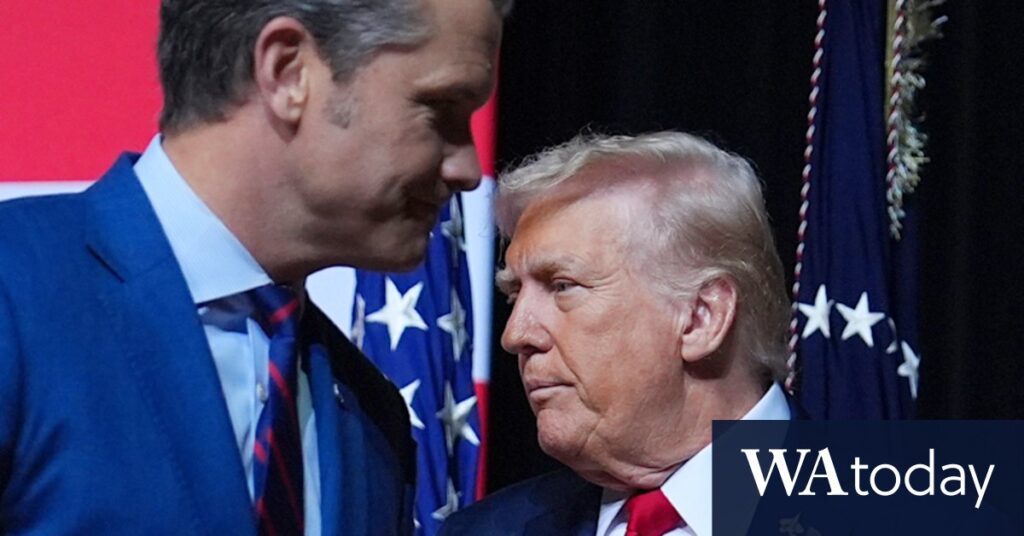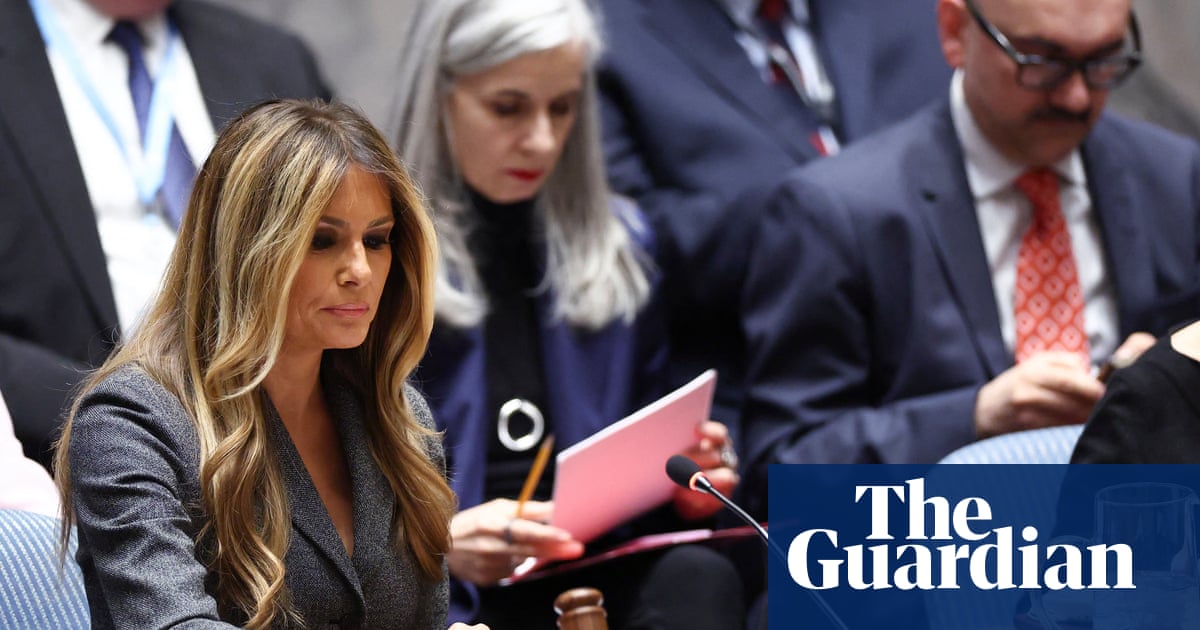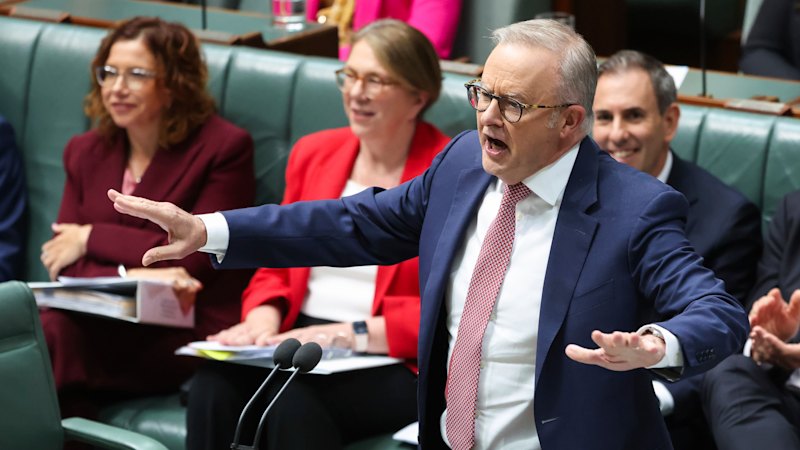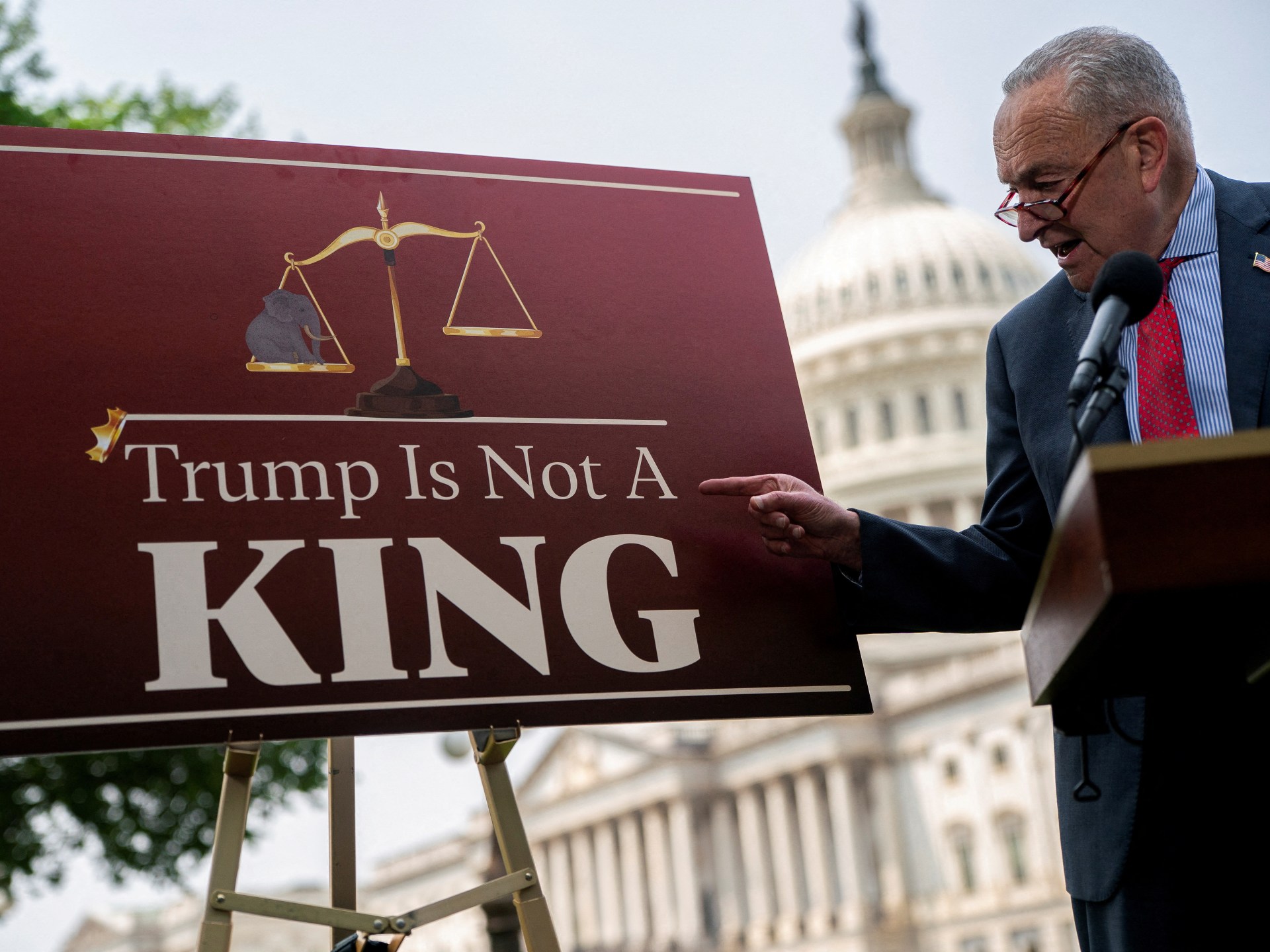
In a fiery address to military leaders, former President Donald Trump and Pete Hegseth, a prominent conservative commentator, lambasted what they described as the “woke” culture within the U.S. military. Speaking to a solemn audience of generals, admirals, and other high-ranking officers, the duo called for a return to traditional military values and the re-establishment of the Department of War.
The speech, delivered at a military event, emphasized the need for the armed forces to focus on warfighting capabilities and preparedness. Hegseth, echoing sentiments often voiced by Trump, argued that the military’s primary mission should be to prepare for and win wars, not to engage in social experiments.
Historical Context and Military Traditions
The call to return to a “Department of War” harks back to the era before 1947, when the U.S. military was primarily focused on warfighting rather than defense. The change to the Department of Defense was part of a broader reorganization aimed at unifying the armed services under a single department. Critics of the current approach argue that this shift has diluted the military’s focus.
Hegseth’s invocation of the motto “peace through strength” is a nod to historical military doctrines that prioritize readiness and deterrence. This philosophy has roots in the Roman Empire and was famously championed by President Ronald Reagan during the Cold War. The idea is that a strong military presence can prevent conflicts by discouraging potential adversaries from aggression.
Criticism of ‘Woke’ Culture
The address sharply criticized what Hegseth described as the “woke” policies that have infiltrated the military. This includes diversity, equity, and inclusion initiatives, which he claims have distracted from the military’s core mission. According to Hegseth, these policies have led to the promotion of leaders based on identity rather than merit, weakening the military’s effectiveness.
Trump and Hegseth argue that the focus should be on maintaining high standards and ensuring that all service members are physically and mentally prepared for combat. They advocate for a return to gender-neutral standards that prioritize capability over quotas.
Expert Opinions and Reactions
Military analysts have mixed reactions to the speech. Some agree that the military should prioritize readiness and warfighting capabilities, while others caution against dismissing diversity initiatives that can enhance unit cohesion and effectiveness. Retired General James Mattis, a former Secretary of Defense, has previously argued that diversity is a strength that reflects the nation the military serves.
However, supporters of Trump’s approach argue that the focus on social issues has detracted from the military’s primary mission. They point to recent conflicts where readiness and capability were critical factors in success or failure.
Implications for Military Policy
The speech signals a potential shift in military policy should Trump return to the presidency. It suggests a focus on increasing military spending, enhancing warfighting capabilities, and reducing the influence of social policies within the military ranks. This approach aligns with Trump’s previous administration, which saw significant increases in defense budgets and a focus on rebuilding the military.
Meanwhile, the current administration under President Joe Biden has maintained a focus on modernizing the military while also emphasizing the importance of diversity and inclusion. The contrasting approaches highlight a significant policy divide that could influence future military strategies and priorities.
Looking Forward
The address by Trump and Hegseth has sparked a broader debate about the role of the military in American society. As global threats evolve, the military’s ability to adapt and maintain readiness is critical. The balance between traditional warfighting capabilities and modern, inclusive policies will likely continue to be a contentious issue.
As the military faces new challenges, including cyber threats and the rise of China as a global power, the debate over its priorities and strategies will remain at the forefront of national security discussions. The speech serves as a reminder of the ongoing tension between maintaining a strong, capable military and addressing the social and cultural issues that impact its members.





